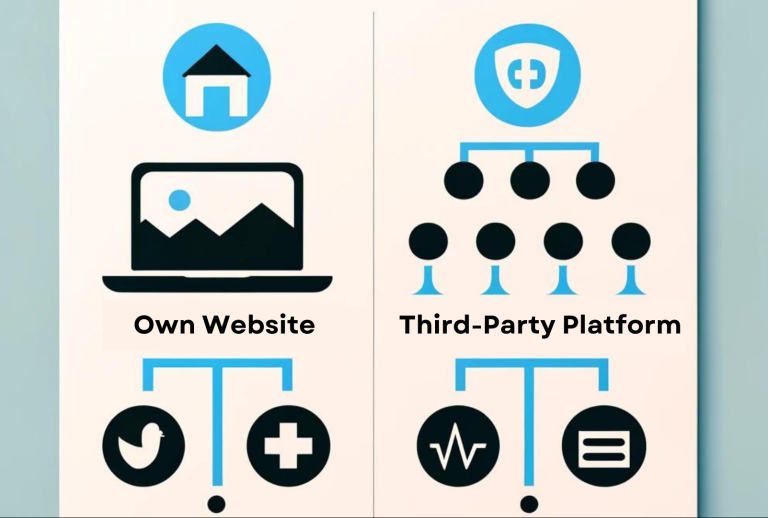The Pitfalls of Email in Omni-Channel Strategies
In the rapidly evolving landscape of pharmaceutical marketing, reaching healthcare professionals (HCPs) effectively has become increasingly challenging. Amidst the shift towards omni-channel strategies, pharmaceutical companies are faced with the daunting task of navigating the last mile of engagement. While email has long been a cornerstone of communication, its inefficiencies in this context are becoming more apparent. Let’s delve into the problems of last-mile HCP engagement and explore alternatives to email within an omni-channel approach.
Email Overload and Inbox Fatigue
One of the primary challenges with relying solely on email for HCP engagement is the issue of inbox overload. Healthcare professionals are inundated with a deluge of emails daily, ranging from patient updates to promotional materials from pharmaceutical companies. As a result, important messages often get lost in the shuffle, leading to decreased engagement and effectiveness.
Limited Personalization and Interactivity
While email allows for some level of personalization, its capabilities are often limited compared to other communication channels. Pharmaceutical companies struggle to tailor content to the specific needs and interests of individual HCPs, resulting in generic, one-size-fits-all messages that fail to resonate. Moreover, the lack of interactivity in email communications hinders meaningful engagement, making it challenging to capture and maintain HCP attention.
Compliance and Regulatory Concerns
In the highly regulated pharmaceutical industry, compliance with strict guidelines and regulations is paramount. Email presents unique challenges in this regard, as ensuring compliance with various regulatory bodies can be complex and time-consuming. Pharmaceutical companies must navigate a myriad of legal requirements and restrictions when communicating with HCPs via email, further complicating the last-mile engagement process.
Fragmented Communication Ecosystem
In today’s digital age, HCPs interact with a multitude of communication channels beyond email. From social media platforms to professional networking sites, the healthcare landscape is characterized by a fragmented communication ecosystem. Relying solely on email neglects these alternative channels, limiting the reach and impact of pharmaceutical marketing efforts.
Overcoming Last-Mile Challenges: Embracing Omni-Channel Strategies
To address the shortcomings of email in HCP engagement, pharmaceutical companies must adopt a holistic omni-channel approach. By leveraging a diverse array of communication channels, including but not limited to email, pharmaceutical companies can enhance engagement and effectiveness in reaching HCPs. Here are some key strategies to consider:
- Personalized Content Delivery: Utilize data-driven insights to tailor content and messaging to the specific preferences and interests of individual HCPs. Leverage advanced analytics and segmentation techniques to deliver targeted communications across multiple channels.
- Interactive Communication Platforms: Explore alternative communication channels that offer greater interactivity and engagement, such as webinars, virtual events, and interactive mobile applications. Embrace technologies that enable real-time interaction and feedback exchange to foster meaningful dialogue with HCPs.
- Compliance-Driven Solutions: Invest in compliance management tools and platforms that streamline regulatory processes and ensure adherence to industry guidelines. Implement robust compliance protocols to mitigate risks associated with multi-channel communication strategies.
- Integrated Campaign Management: Adopt a cohesive approach to campaign management that integrates various communication channels seamlessly. Leverage automation and orchestration tools to deliver consistent messaging and experiences across multiple touchpoints.
While email remains a valuable communication tool in the pharmaceutical industry, its limitations in last-mile HCP engagement are becoming increasingly apparent. To overcome these challenges, pharmaceutical companies must embrace omni-channel strategies that leverage a diverse array of communication channels tailored to the unique needs and preferences of HCPs. By prioritizing personalization, interactivity, compliance, and integration, pharmaceutical companies can enhance engagement and effectiveness in reaching HCPs in the last mile of engagement.






